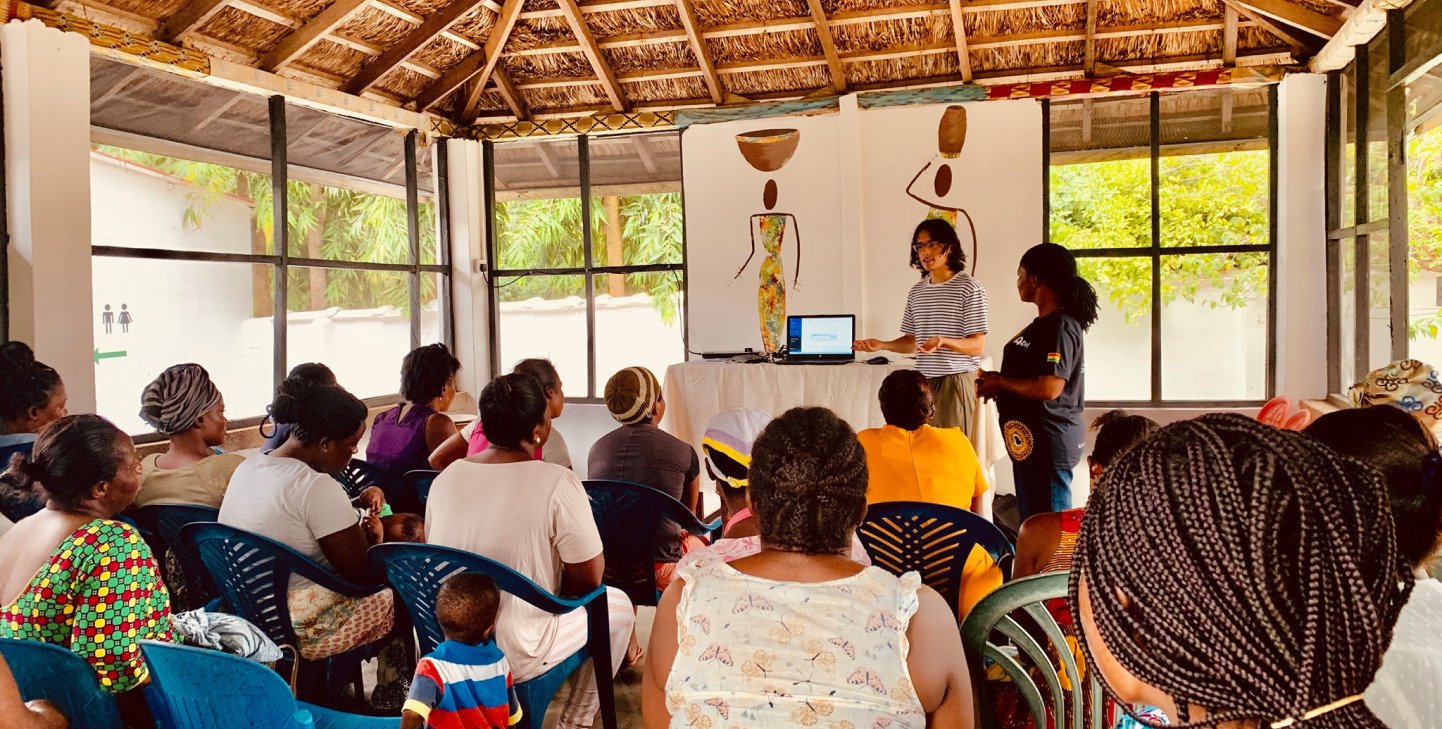Inequality is a reality in many countries, especially in the developing world where poverty adds to this issue. There is unequal access to education, health services, job opportunities, and basic necessities. The problem of inequality between countries is not the main concern anymore, but rather within countries. Certain social, economic, and environmental development must take place to eradicate this.
Between 1990 and 2010, income inequality in developing countries has raised by 11%, which can only be overcome if the underlying issues, such as unequal access to education, are dealt with.
This phenomenon can harm and pose a great threat to the long-term social and economic development of a country.
Income growth is what SDG 10 aims to achieve by 2030, through boosting economic, political, and social inclusion of all people, regardless of their gender, race, nationality, disability, or religious beliefs.
This can be achieved by creating and adopting social protection policies that support equal access to services for all. Additional financial and development support will be required in order to assist developing countries in the quest for equality.
